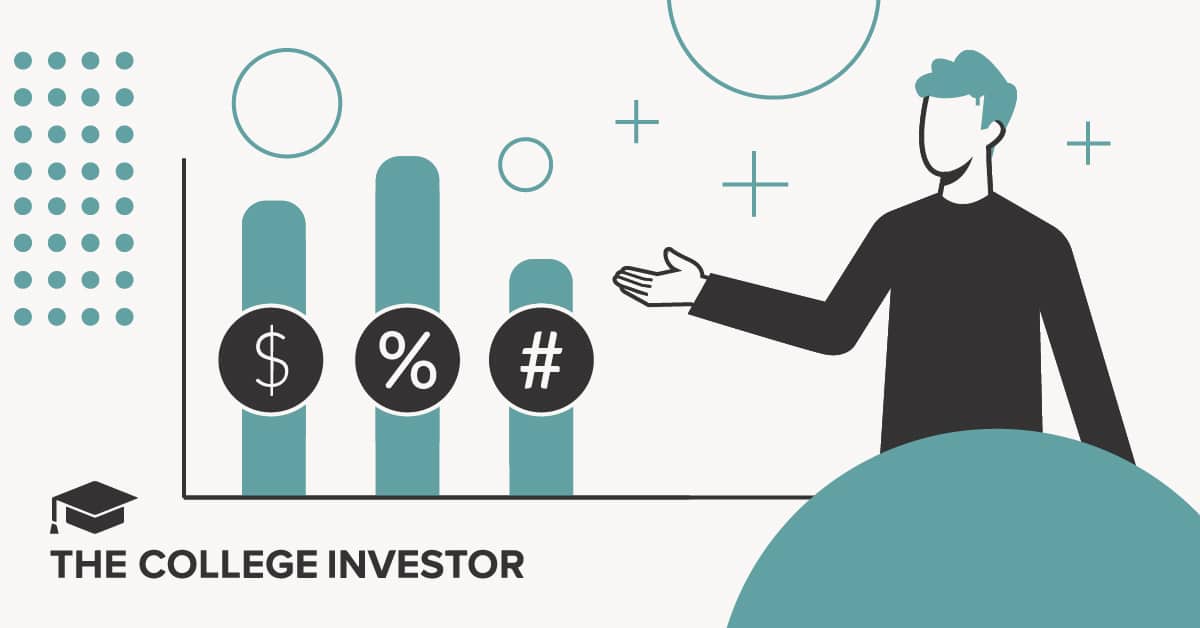What to Know Before Choosing a Debt Relief Program


If you’re having trouble keeping up with your debt payments, you’re not alone. Many people look into debt relief programs as a way to take back control of their finances. These programs don’t erase your debt, but they can offer tools to help you manage it more effectively. Depending on your situation, certain types of debt relief may help you lower your payments, simplify what you owe, or work toward a resolution with your creditors.
Debt relief programs come in a few different forms. Some help you make a plan to repay your debt more affordably. Others work by combining what you owe into a single monthly payment. In some cases, a company may try to negotiate with creditors on your behalf. The right option for you depends on how much you owe, how far behind you are, and what kind of debt you have.
Let’s take a look at how the most common types of debt relief programs work.
Credit counseling is usually offered by nonprofit agencies. These organizations can help you understand your finances and build a realistic plan to repay your debt. A credit counselor may work with you to create a budget and suggest ways to manage your money more effectively.
In some cases, they may also help you enroll in a debt management plan (DMP). This is a structured program where you make a single monthly payment to the credit counseling agency, which then distributes the funds to your creditors. The agency may be able to negotiate lower interest rates or waived fees, but these changes aren’t guaranteed.
Things to consider:
Debt consolidation combines multiple debts into one monthly payment, which can make repayment feel more manageable. Instead of keeping track of several due dates and interest rates, you’ll focus on paying one lender. This approach doesn’t erase your debt, but it may help you stay organized and potentially reduce the total interest you pay.
There are several ways to consolidate debt:
Some credit cards offer low or 0% introductory interest rates on balance transfers. If you qualify, you can move higher-interest balances to the new card and pay down the debt during the promotional period. But if you don’t pay off the full amount before the rate expires, you could end up with even higher interest than you started with.
A personal loan can be used to pay off multiple debts, leaving you with just one monthly payment. These loans usually don’t require collateral, but the interest rate depends on your credit history. If your credit isn’t strong, you may not qualify for a lower rate than what you already have.
If you own a home, you might be able to use a home equity loan or line of credit to consolidate debt. These loans often come with lower interest rates because they’re secured by your home. But that also means your home is at risk if you can’t keep up with payments.
Debt settlement is a type of debt relief where a company works with your creditors to try to reduce the total amount you owe. If you’re facing serious financial hardship and can’t keep up with payments, this may be one option to explore.
Here’s how it typically works:
While debt settlement can reduce the total you pay, it also comes with risks. Your credit score may drop because you’re not making payments while negotiations take place. There’s no guarantee creditors will agree to settle, and fees may apply even if only some debts are resolved.
Things to consider:
Not every debt relief option works for every situation. The right program for you depends on several factors, including:
It can also help to talk to a financial counselor or nonprofit credit counselor. They can review your full financial picture and walk you through your options, including ones you may not have considered.
If you’re feeling overwhelmed by debt, you’re not alone—and you don’t have to figure it out on your own. Reaching out for help can be a smart first step. A financial counselor or debt relief specialist can walk you through your options and help you understand what might fit your situation.
National Debt Relief is one of several organizations that offer free consultations. Talking to a specialist won’t commit you to a program, but it may help you take the next step with more confidence.
The content provided is intended for informational purposes only. Estimates or statements contained within may be based on prior results or from third parties. The views expressed in these materials are those of the author and may not reflect the view of National Debt Relief. We make no guarantees that the information contained on this site will be accurate or applicable and results may vary depending on individual situations. Contact a financial and/or tax professional regarding your specific financial and tax situation. Please visit our terms of service for full terms governing the use this site.

The American Federation of Teachers has amended its lawsuit against MOHELA, alleging ongoing and systemic student loan servicing failures that...

Imagine having the freedom to pursue your dreams without the constant worry of financial strain. This is the reality for...

Refinancing medical school loans can be a simple way to save money during loan repayment. The key is to shop...